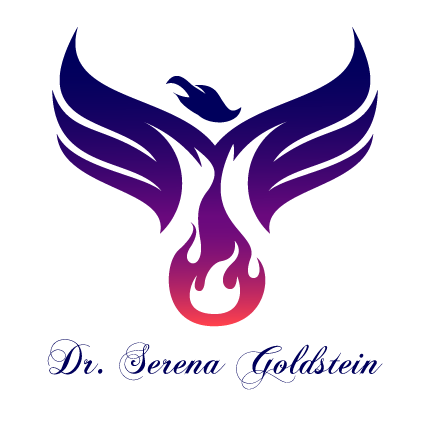How high cholesterol may be a sign of imbalanced hormones
Cholesterol is the building block of hormones such as testosterone, estrogen, progesterone, cortisol (stress hormone), and aldosterone (responsible for our salt/water balance). Cholesterol is comprised of a number of particles that each serve a function such as:
-LDL ('bad' cholesterol; but not really bad because it delivers cholesterol to cells. The real question is 'what predisposes it to oxidizing in a way that causes damage'- more on that later).
-HDL ('good' cholesterol; transports cholesterol molecules to liver to get metabolized. Yet over 75 is not so good as elevated levels can be an inflammatory marker).
-Triglycerides (a marker of sugar/carbohydrate intake, as it's energy for later use).
There are a few more cholesterol markers such as particle sizes and the ratio, but these are the main ones.
Healthy cholesterol levels are commonly seen in premenopausal women as estrogen is in proper balance, however, LDL tends to increase and HDL tends to decrease upon peri/menopausal women due to estrogen decline. Estrogen helps blood vessels expand and contract, and cleans up free radicals (pro-inflammatory molecules) that can damage arteries and other tissues. However, too much can be a good thing as elevated estrogen can hinder thyroid function leading to hypothyroid, where cholesterol levels climb as metabolism slows. In addition, constipation (a common concern in an underactive thyroid) allows for toxins and estrogens to recirculate, creating additional stress on the body (which further throws off hormone balance). Progesterone helps balance the effects of estrogen, and helps improve cholesterol markers like HDL and LDL, but actual progesterone therapy can raise triglycerides.
In men, a healthy testosterone level is the main player to help keep optimal cholesterol numbers and mitigate risk actors for cardiovascular disease like stroke and heart attack, but testosterone replacement therapy in the case of low testosterone may actually have the opposite effect (e.e. lower HDL and raise LDL). In other words, too high or too low is no bueno.
Further, cholesterol-lowering medications, namely statins, decrease the formation of cholesterol (commonly will contribute to low testosterone in men, and can exacerbate heart disease risk in women) which we need to make hormones, and all around health as it is imperative for our cellular function. Statins also deplete CoQ10, a vital nutrient utilized by every cell of our body to help make energy (depletion can also lead to muscle and/or joint pain or soreness), and mess with blood sugar (which can raise certain lab values associated with diabetes, placing someone at even more risk for a cardiovascular event). Side note: if you're taking a statin and CoQ10, it does NOT reduce your risk for heart disease- you're literally just replacing a nutrient, and we know our body is so much more complex than working with a 'quick fix.'
In other words, you may not really have high cholesterol- it can be any combination of diet, sedentary lifestyle, hormone imbalance, stress, poor sleep (enter more stress/cortisol that throws off hormones), underactive thyroid, blood sugar issues (insulin messes raises estrogen), or low vitamin D. There is good news for all of this- your body is telling you something is not quite right, and there are so many ways to get to the reason(s) why! Understanding everything from your lifestyle to bloodwork, is a great place to start in coming up with a comprehensive plan.
In the meantime, start with these:
Go to sleep at around 10:30/11pm- this helps your body enhance it's production of melatonin (as cortisol decreases), our most potent self-made antioxidant, as well as optimizing our production of hormones. Our body really likes rhythm (think of the seasons).
Love your liver with these foods- celery, carrots, beets, and especially cruciferous vegetables like cauliflower, broccoli, and brussels sprouts, which contain a sulfur compound that helps bind up extra estrogen and full of vitamins and minerals that help with the liver's detoxification pathways.
And add in these foods too- eggs, wild caught fish, nuts, avocados, coconut oil, olive oil- are all great sources of healthy fats that help make hormones, improve cholesterol numbers, and also balance blood sugar levels (as they keep us satiated) so we also reduce our overall risk of heart disease, hormone imbalance, and thyroid issues. So yes, you can eat cholesterol to have healthy levels.
Signs and symptoms are the body's way of saying something is not quite right, except now we know that there could be a plethora of reasons why and that it's imperative to address the many reasons why. And in doing so, we are also doing prevention! Let’s schedule a call HERE to best address these different concerns!

